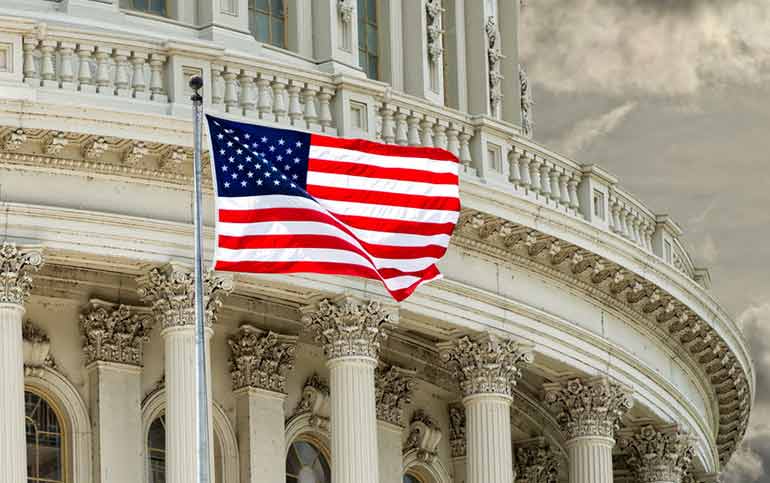US groups celebrate HFC phasedown bill
23rd December 2020
USA: Industry and green groups have applauded the passage through Congress of a bill to phase down HFC refrigerants.
Manufacturers’ group, the Air Conditioning, Heating, and Refrigeration Institute (AHRI), has expressed its gratitude to House and Senate negotiators involved in pushing the bipartisan initiative through. The Environmental Investigation Agency (EIA) described the bill “as the most significant climate legislation to pass in the US congress in over a decade”.
The American Innovation and Manufacturing Act of 2020, along with other sustainable energy measures, was tacked onto a $900bn pandemic relief package passed by Congress on Monday night. The bill, which still needs to be signed off by President Donald Trump, will bring the USA into line with the Kigali Amendment and an 85% cut from the baseline in 2035.
The bill also includes regulations to improve refrigerant management, recovery, reclamation and improved servicing, repair, and disposal procedures. It also includes a small business fund of $5m per year for three years toward increasing recovery and reclamation of refrigerants.
“Our industry has been working toward this goal for more than 10 years and it is very exciting to see our vision of an HFC phasedown reach the home stretch. We are hopeful that President Trump will quickly sign the bill so we can pivot toward implementation,” commented AHRI president and CEO Stephen Yurek.
“The inclusion of an HFC phase-down in this bill represents the most significant climate legislation to pass in the US congress in over a decade,” said EIA climate campaign lead Avipsa Mahapatra. “It sends a signal that one of the largest contributors to climate change, the United States, is back at the global climate action table, after four years of appalling inaction. The Biden Administration now has its work cut out. Taking immediate steps to ratify the long overdue Kigali Amendment combined with rejoining the Paris Agreement can help rebuild the climate credibility of the US in the world.”







